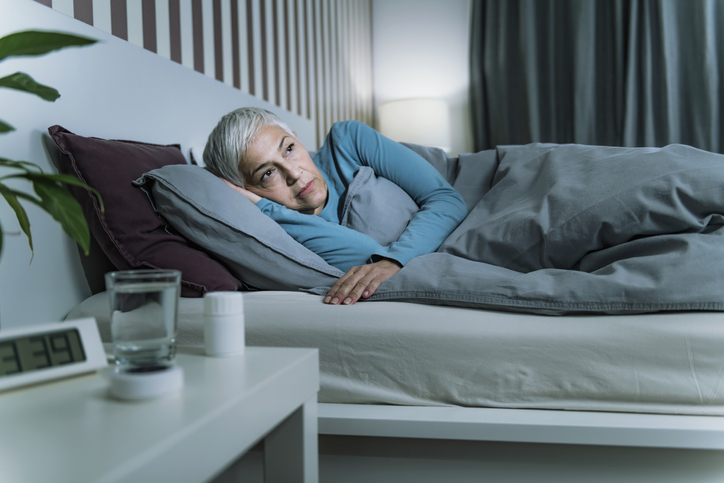Sleep disorders affect quality of sleep, its duration and impacts our ability to function while you are awake. The symptoms include trouble falling or staying asleep, difficulty staying awake during the day, irregular sleep-wake cycle and unusual behaviors during sleep among others. Most notable examples of sleep disorders are insomnia, sleep apnea, restless legs syndrome and narcolepsy.
Sleep disorders impact our daily activities in various ways. Some of the possible effects are:
- Increased stress, conflict and emotional distress due to disrupted sleep patterns,
- Increased risk of accidents, injuries and negative health outcomes for the person with the sleep disorder and their family members,
- Reduced quality of life, well-being and happiness for the person with the sleep disorder.
If you are experiencing any of the above, seek professional help. There are different methods of management of sleep disorders depending on the type, cause and severity of the condition. Some methods of management are:
- Behavioral therapies, such as cognitive behavioral therapy for insomnia (CBT-I), relaxation techniques or stimulus control therapy,
- Pharmacotherapy, the use of medication in the management of sleep disorders,
- Lifestyle modifications, such as improving sleep hygiene, avoiding stimulants, caffeine, follow a consistent sleep schedule and exercising regularly.
Lifestyle modifications are within our control and this could significantly improve our sleep patterns.
According to systematic review and thematic synthesis of the literature, Pharmacists among other healthcare professionals have defined roles in supporting better sleep health and managing sleep disorders.
As part of Pharmacotherapy, Pharmacists perform Drug Utilization Review on all medications to identify any drugs that may cause or worsen insomnia or other sleep problems. The skills enable them to advise you on the appropriate use, dosage and duration of pills and other sleep aids, and help with tapering off or discontinuing them when necessary.
Finally, the management of sleep disorders is a shared responsibility between your healthcare professionals and YOU. Positive modification of our lifestyle improves sleep quality, sleep hygiene, our perception and quality of life.
If you or someone you know has any sleep disorders, consult healthcare professionals for support, advice and therapies where necessary.
Yes, you can sleep and live better, this is within your grasp!
Ref.
Sleep Disorders – Common Types, Symptoms, Treatments | Sleep Foundation. https://www.sleepfoundation.org/sleep-disorders







